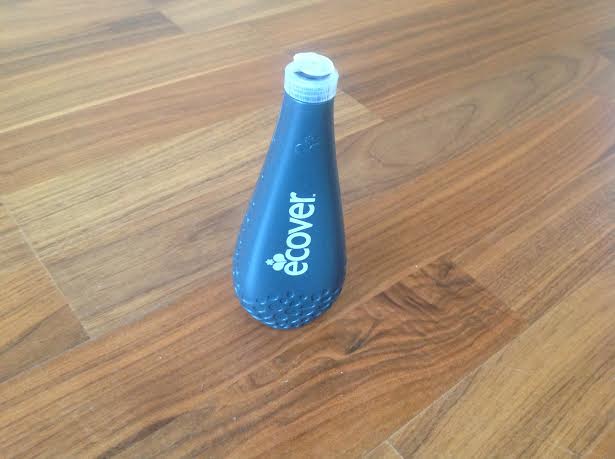 With concerns about the state of our environment continuing to grow, businesses and individuals around the globe are looking to reduce their carbon footprint and minimise the waste they generate in their daily production routines. With this in mind, American start-up Terracycle was launched back in 2002 by 19-year-old American student Tom Szaky and spread to the UK in 2009.
With concerns about the state of our environment continuing to grow, businesses and individuals around the globe are looking to reduce their carbon footprint and minimise the waste they generate in their daily production routines. With this in mind, American start-up Terracycle was launched back in 2002 by 19-year-old American student Tom Szaky and spread to the UK in 2009.
More than five years later, the recycling initiative has expanded to include more than a million of Britain’s inhabitants collecting almost 23 million units of rubbish and recycling them to raise £368,400 for charitable causes… and counting! Among other areas, food packaging has become one of the most lucrative sources of waste recycling, thanks to the forethought of Terracycle and some of their like-minded partners.
A coffee revolution
Who doesn’t start the day with a scalding hot mug of delicious coffee? Think of all of those coffee pods, though, and the foil packaging which contained them and the amount of waste produced every time they are throw into the rubbish bin. However, such needless profligacy can now be avoided by recycling old and used discs.
Environmentally conscious brand Tassimo has struck a deal with Terracycle to make all of their T-discs (and the outer foil wrapping that comes with them) 100% recyclable. Those wishing to participate don’t even need to clean them off before mailing the boxes in – the coffee grounds will be separated at the other end and composted separately, thus making it easy to get people involved. As for the foil and plastic itself, it will be cleaned off, chopped up and then transformed into practical items that we can all benefit from, such as park benches.
A biscuit with your beverage?
The perfect accompaniment to a gourmet coffee is a good old-fashioned biscuit – and they also make great partners in recycling, too. Cookie tycoons McVities are conducting a “Wrappers to Riches” initiative with Terracycle, in which recycling participants can earn money for a charity of their choice, as well as goody bags full of the biscuits.
The project is open to businesses, schools or individuals who simply need to send in their used wrappers and their names will be automatically entered into a prize draw for the charitable donations. The top two contributors who send in the most units will be awarded for their industry by receiving even more biscuits… whose wrappers they can recycle again! The converted material will be given another lease of life as tote bags, pencil cases and plastic lumber.
Ella-cycle
Baby food company Ella’s Kitchen have long been renowned for their environmentally friendly methods of organic production, but now they have gone one step farther by ensuring all of their packaging can be recycled in collaboration with Terracycle, as well.
Baby food pouches, caps and snack wrappers are sent in to the recycling plant. Here, they can be either kept intact and stitched together to form nifty-looking tote bags and pencil cases or shredded down into miniscule pieces and melded together to make place mats or trash cans.
Image credit.




